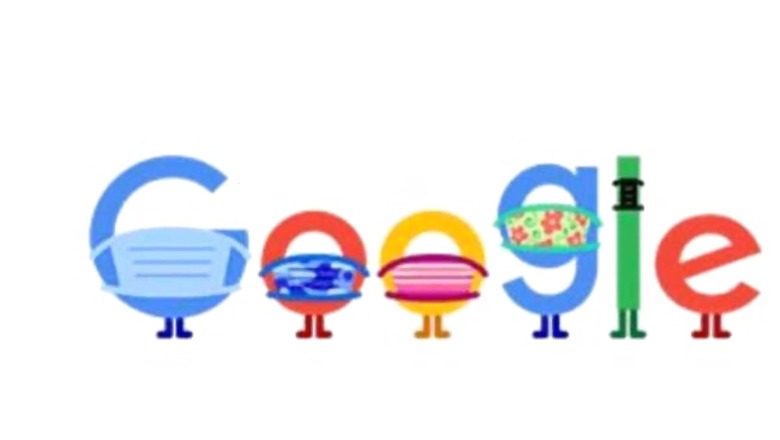
views
In what can only be described as a first of its kind report, the Subcommittee On Antitrust, Commercial And Administrative Law Of The Committee Of The Judiciary of the US Congress has released its conclusions and recommendations on whether the big tech companies such as Google, Apple, Amazon and Facebook are violating the antitrust laws. It is a massive report, 449 pages in total, and it roundly criticises tech companies for creating monopolies. The committee led by Jerrold Nadler, Chairman of the Committee on the Judiciary and David N. Cicilline, Chairman, Subcommittee on Antitrust, Commercial and Administrative Law. The committee has identified a broad set of reforms for restoring competition in the digital economy, address anticompetitive conduct in the digital markets, strengthen merger and monopolization enforcement and improve the sound administration of the antitrust laws through other reforms.
Google has faced fire in the previous antitrust hearing on a variety of fronts, including search engine dominance, the digital advertising business, the web browser and smartphone operating system as products and also Gmail, Google Drive, Google Maps, Google Photos, Google Play Store and YouTube. The report starts by noting Google’s successful acquisition of as many as 260 companies in the past 20 years. The report indicates that there may be more to it though, and says, “a figure that likely understates the full breath of Google’s acquisitions, given that many of the firm’s purchases have gone unreported.”
Google has faced antitrust investigations for years now. From 2011 to 2013, the Federal Trade Commission investigated Google’s role in search and advertising market. in September 2019, attorneys general from 50 U.S. states and territories announced that they were opening a fresh antitrust enquiry into the search and advertising businesses of Google. Since the summer of 2019, the US Department of Justice has been investigating Google. And globally, Google has faced similar enquiries and penalties in India, the European Union, France and Russia.
The report notes that the scale at which Google now operates makes it immune to competition or threat from a new player in the search space. “General online search strongly favors scale due to (1) the high fixed costs of servers needed for crawling and indexing the entire web, and (2) the self-reinforcing advantages of click-and- query data, which let a search engine constantly improve the relevance of search results. Even an upstart that was able to secure the necessary capital to invest heavily in computing infrastructure would find itself at a considerable disadvantage given that Google’s search algorithm has been refined through trillions upon trillions of queries”, they say.
Google has also used its search dominance to promote its Chrome web browser for laptops, PCs and mobile devices, which further pushes Search by setting that as the default search engine. Google also pays Apple around a reported $12 billion every year to make Google Search the default across all iOS devices. Google has however argued that the search business is indeed very competitive, and it has competition from rival search engines including Microsoft Bing, DuckDuckGo and Yahoo!, to name a few.
However, the report states that “Despite these statements, Google failed to provide the Subcommittee with contemporary market share data that would corroborate its claims. In response to the Committee’s written request for market share data, combined with several follow-ups from Subcommittee staff, Google stated that the company “doesn’t maintain information in the normal course of business about market share in its products”.
Android is by far the most popular smartphone operating system in the world. But Google’s tactics have come under scrutiny. While Google doesn’t monetize the OS in licensing deals with phone makers, the licensing agreements do allow phone makers access to Google’s suite of apps including Gmail, Search, Chrome, Google Maps, YouTube and the Play Store. And Google requires that phone makers must preinstall and prominently place these apps on the phones they make and sell. “Documents show that Google executives knew that conditioning access to Android and to Google’s suite of apps on the prominent placement of Google Search would disrupt existing partnerships between mobile network operators and rival search engines,” notes the committee.
There is also documentation that suggests between 2009 and 2014, Google increased the number of pre-installed apps that were standard requirement for phonemakers, from 12 to 30.
The report also highlights Android Lockbox, what it calls “a covert effort to track real-time data on the usage and engagement of third-party apps, some of which were Google’s competitors”.
There is also the instance where Google used its licensing agreements with phone makers to limit their ability to partner with other tech companies. In 2012, Acer and Alibaba wanted to work on a variant of Android called Aliyun OS. Google threatened to terminate the agreement with Acer, and what followed was a cancellation of all planned launches running Aliyun OS.
Google also faces criticism for the handling of the Play Store and the 30% commission it charges for in-app purchases. The committee points out how Netflix, Amazon, Epic Games, Spotify and Tinder have all criticized this policy at some point of time. While Google allows Android users to side-load and install a third-party app store allowing app developers to bypass the Google Play commission condition, it isn’t always that simple for users. Epic Games, in its recent lawsuit said, “Google ensures that the Android process is technically complex, confusing and threatening, filled with dire warnings that scare most consumers into abandoning the lengthy process. For example, depending on the version of Android running on a mobile device, downloading and installing Fortnite on an Android device could take as many as 16 steps or more, including requiring the user to make changes to the device’s default settings and manually granting various permissions while being warned that doing so is dangerous.”




















Comments
0 comment